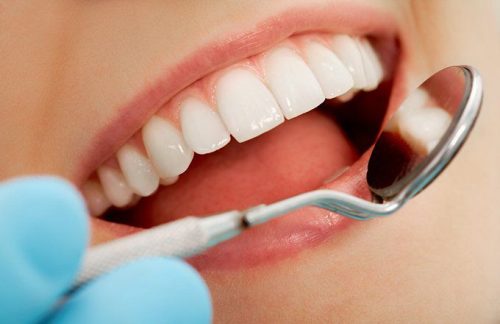
Dental insurance offers a wide variety of coverage for different dental procedures such as fillings, crowns, bridges, and root canals, to name a few. Just like other forms of medical insurance, dental insurance typically requires that you pay a monthly or annual deductible and you will also pay a co-pay or total cost whenever you go to the dentist for dental care. The cost of a simple filling or cleaning can be upwards of $100, so the savings you will have on routine care can be huge. But if you don’t have dental insurance, your savings will be substantially reduced.
Many people worry that they will have to find low-cost dentistry if they are without dental insurance, but this isn’t the case at all. Depending on where you get your insurance from, you could be paying hundreds of dollars for full coverage or even less. There are also many dental plans that are designed specifically for individuals with pre-existing conditions such as missing teeth or other dental problems. These plans often have lower premiums because there are fewer risk factors for the insurance company. For these individuals, they are able to find a plan that has a lower premium and still allows them to maintain excellent coverage in their area.
You must also consider how important it is to stay healthy. Studies have shown that oral health is one of the leading causes of preventable illness and disease. Poor oral health can lead to a wide array of dental problems, some of which can be dangerous and painful. By taking the time to check and make sure that you have good oral health, you can reduce the number of visits to the dentist and avoid expensive and painful dental care emergencies. In fact, staying healthy and happy is important for overall bodily and mental health and can help you avoid dental emergencies as well.
When searching for dental insurance, it is helpful to know what your annual maximum will be for your coverage. Your annual maximum is the maximum amount that you will pay for basic dental care coverage each year. Most plans have a standard dollar amount per year that you can expect to pay for basic services, such as basic cleaning, x-rays, fillings and root canal services. You typically have a choice of up to three months during which you can wait to see if your coverage requires a referral to a specialist, but after this time period, you will have to cover the cost of the specialist’s visit.
When looking at dental insurance, it is helpful to understand how much the cover will cost for different types of treatment. Most plans typically have a standard list of elective procedures that are covered, such as braces, caps, crowns and other forms of cosmetic procedures. It is important to select procedures that are within your current insurance plan’s scope of coverage. Most plans typically do not cover elective cosmetic procedures, such as Botox or rhinoplasty. In addition, you should select procedures that are likely to need additional treatments in the future, such as dental implants.
It is also helpful to consider your overall budget when selecting dental insurance. If you are interested in saving money, you should select procedures that are likely to be extra affordable. In addition, it is helpful to consider the value of the coverage that you receive on a monthly basis. It is helpful to select procedures that you know you can afford and which will have a high level of service if required. For example, it would be beneficial to select procedures that will require less maintenance, such as caps, fillings and crowns than more expensive, more frequently used procedures.